Myanmar, Aug 26 (V7N): The Bamar People’s Liberation Army (BPLA) has become a significant force among the newly formed resistance groups in Myanmar's ongoing civil war, which began after the military junta overthrew the democratically elected government in 2021. The BPLA, established post-coup, is notable for its military tactics and its inclusive approach, welcoming fighters from various ethnic backgrounds. The group has grown to around 2,000 fighters, reflecting a shift within the Bamar ethnic group, who historically dominated Myanmar's political and military arenas, towards a more inclusive vision for the nation.
The BPLA's commander, Maung Saungkha, a 31-year-old former poet and activist, has transitioned from advocating for free speech and human rights to leading an armed resistance. Saungkha, known for his activism and previous imprisonments, now plays a crucial role in the post-coup resistance movement, aiming to unify various ethnic groups against the military regime.
The BPLA has formed alliances with other armed rebel groups, including the "Three Brotherhood Alliance," demonstrating a broader vision for unity against the military regime, the State Administration Council (SAC). However, there are concerns that the BPLA's assertion of Bamar identity could exacerbate ethnic divisions. Despite this, Saungkha's cooperative approach with other ethnic groups offers a chance to redefine Bamar nationalism in a more inclusive manner.
The significance of these alliances was highlighted in "Operation 1027," a coordinated military campaign in northern Shan State aimed at weakening SAC control by disrupting supply lines and attacking military outposts. The BPLA played a key role in the operation, using guerrilla tactics and ambushes in collaboration with other resistance groups.
END/MSS/



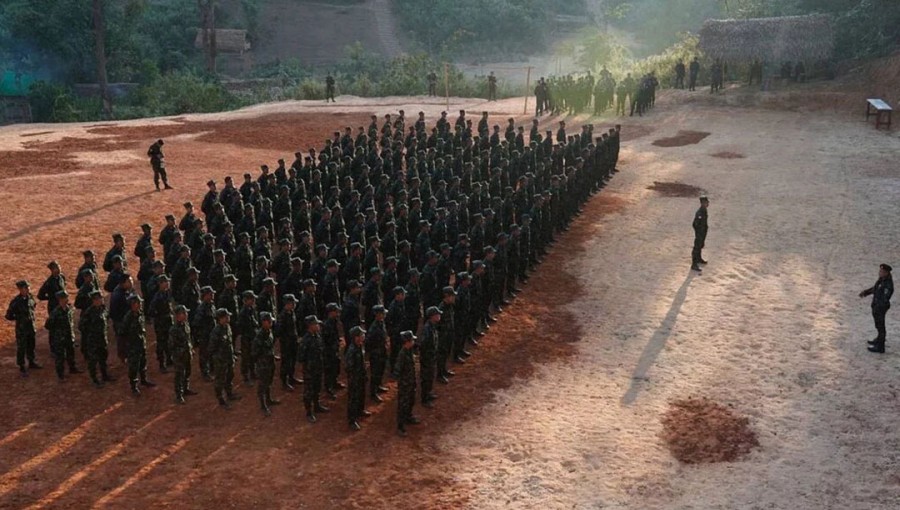
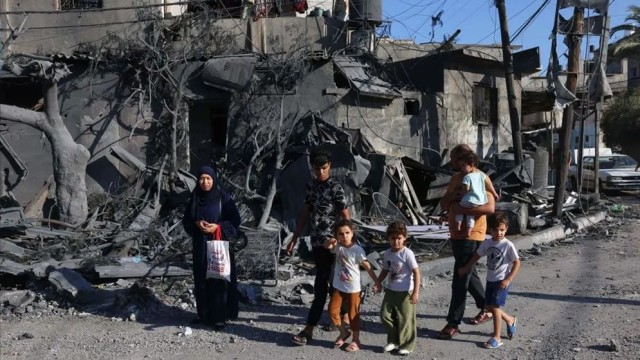
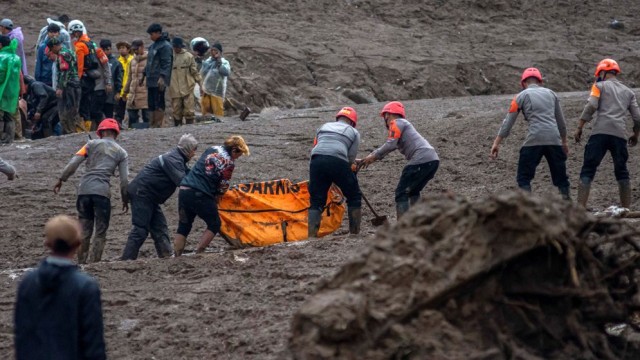
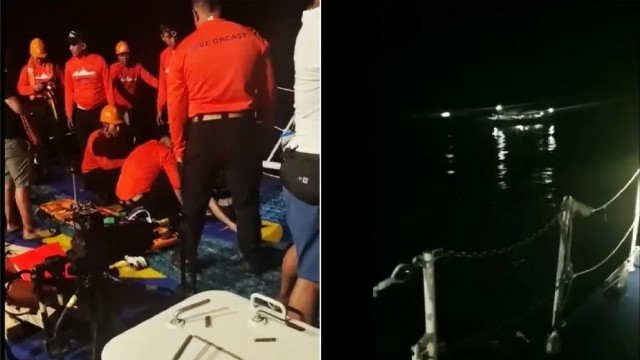
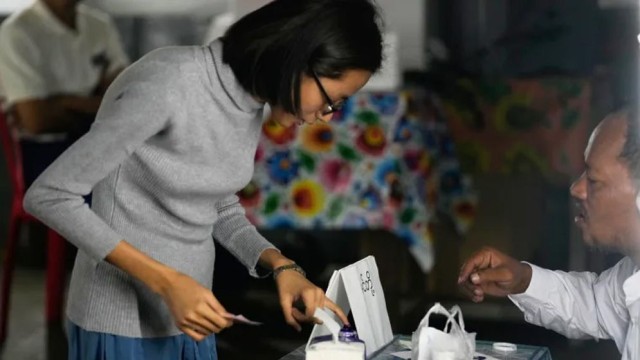
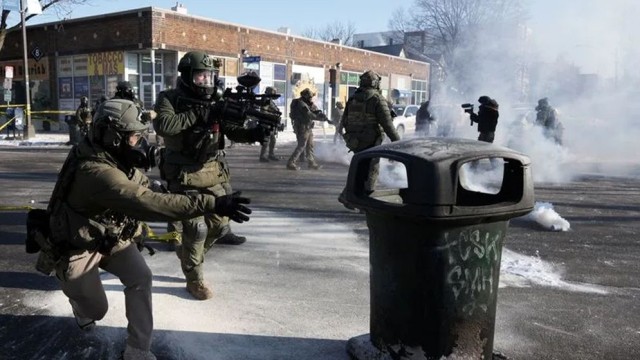
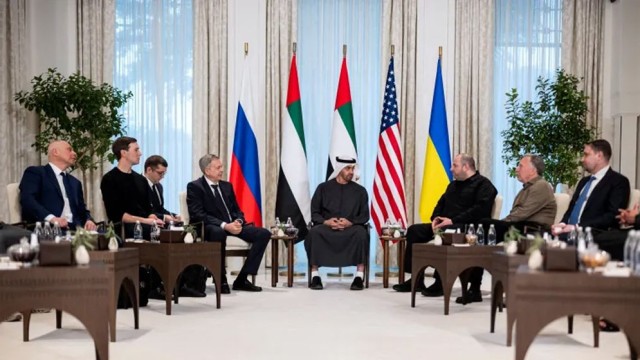
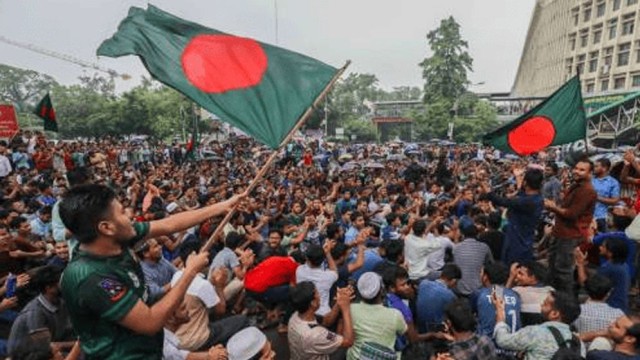
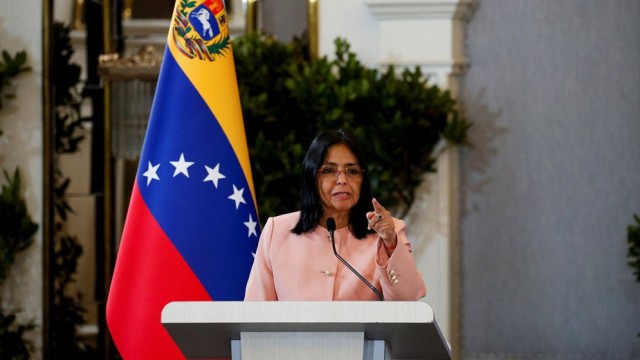
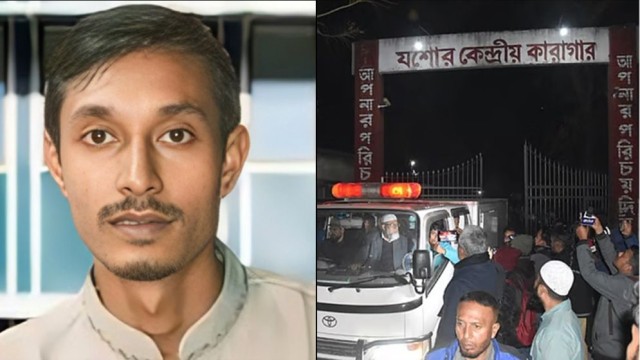
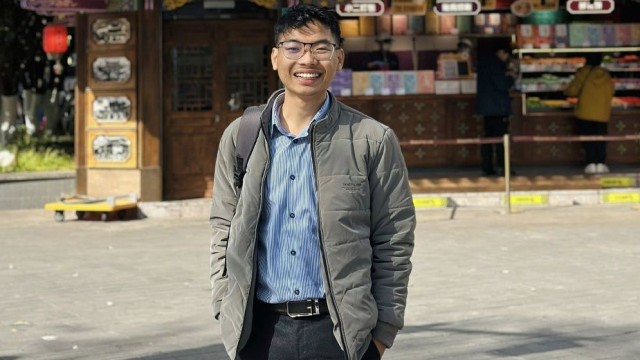
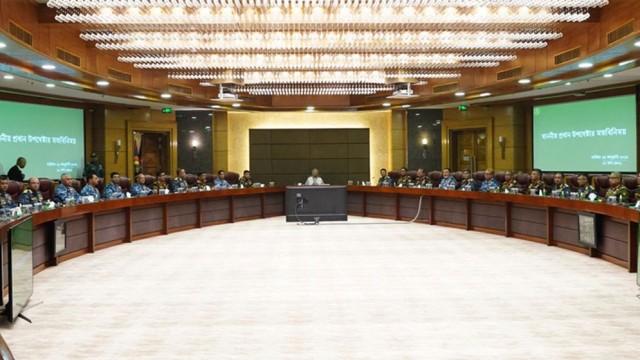
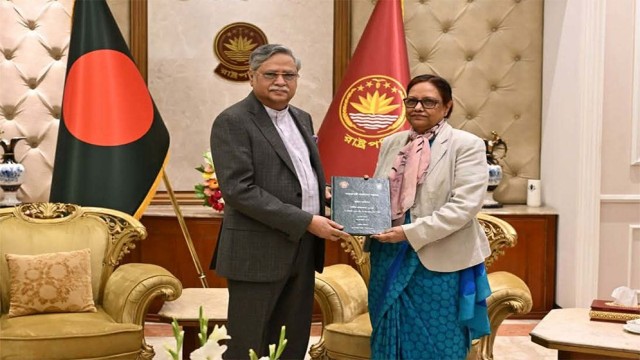
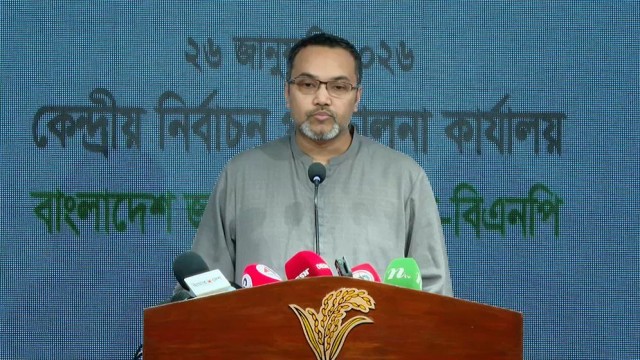
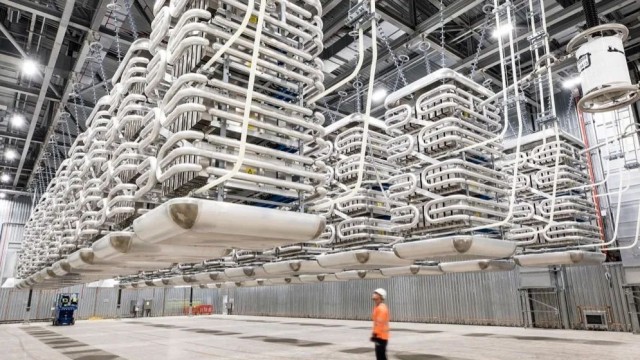
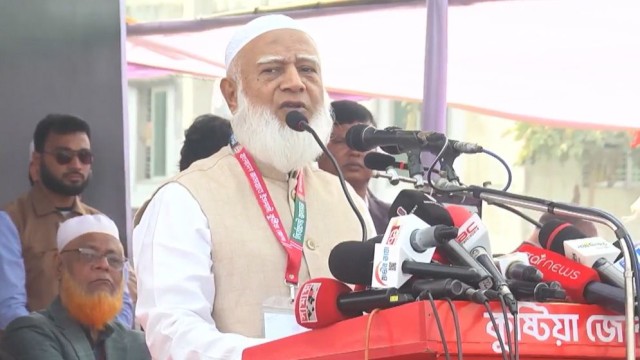




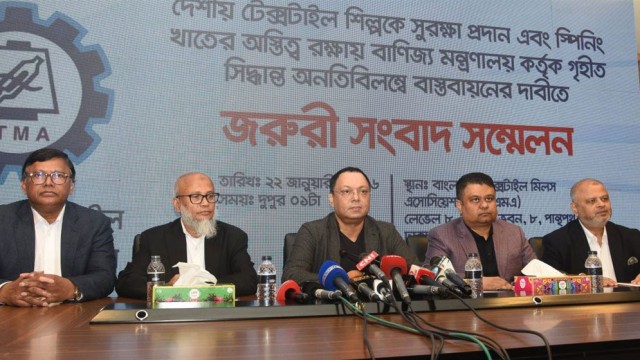
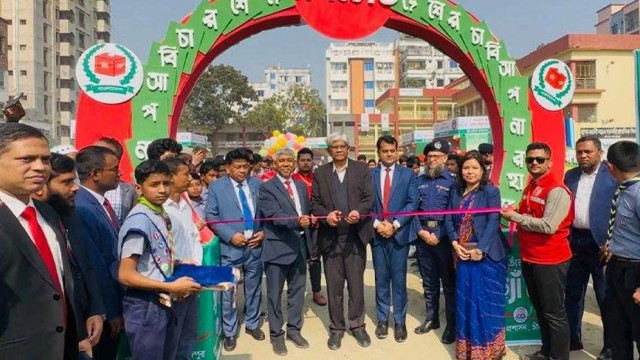
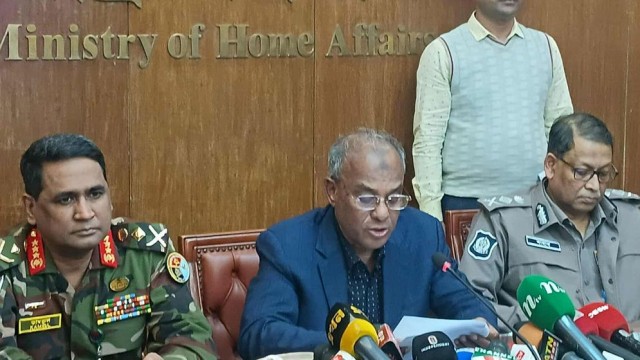
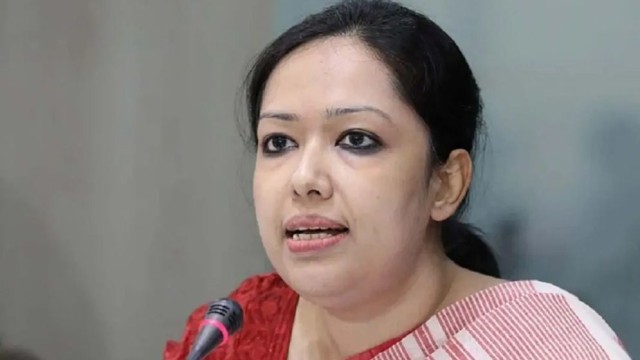
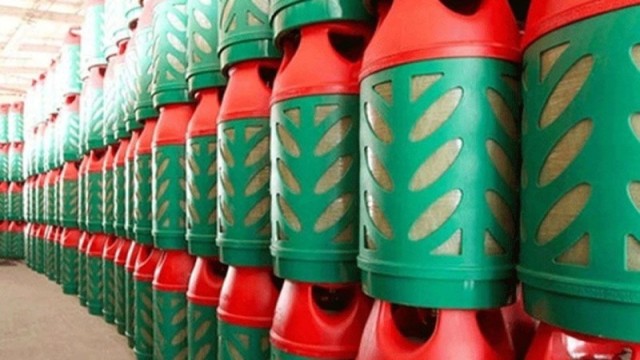
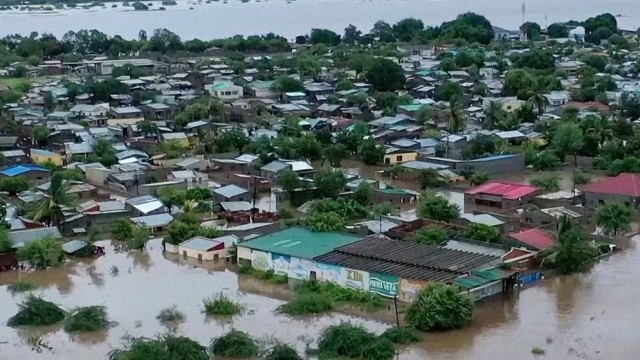
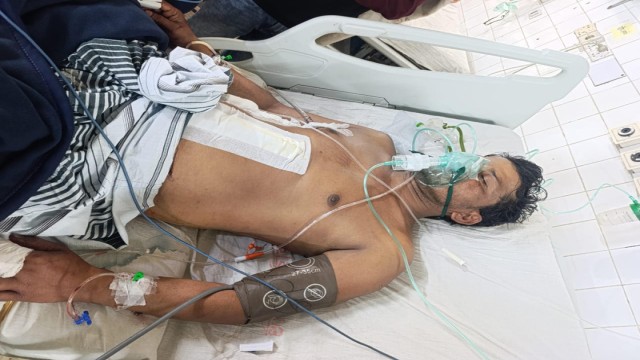
Comment: